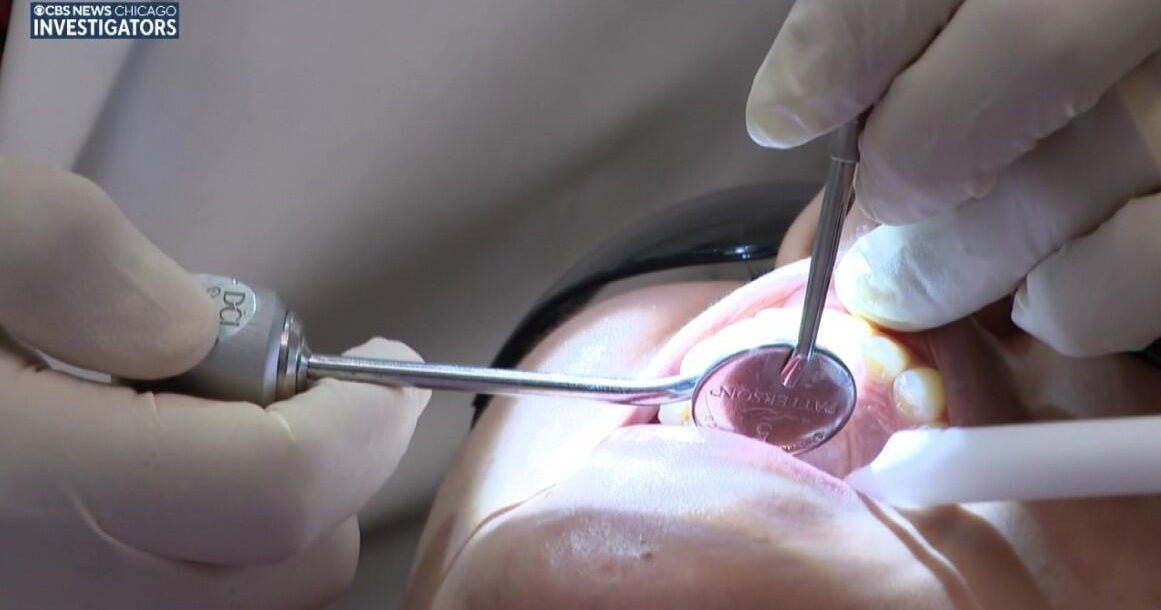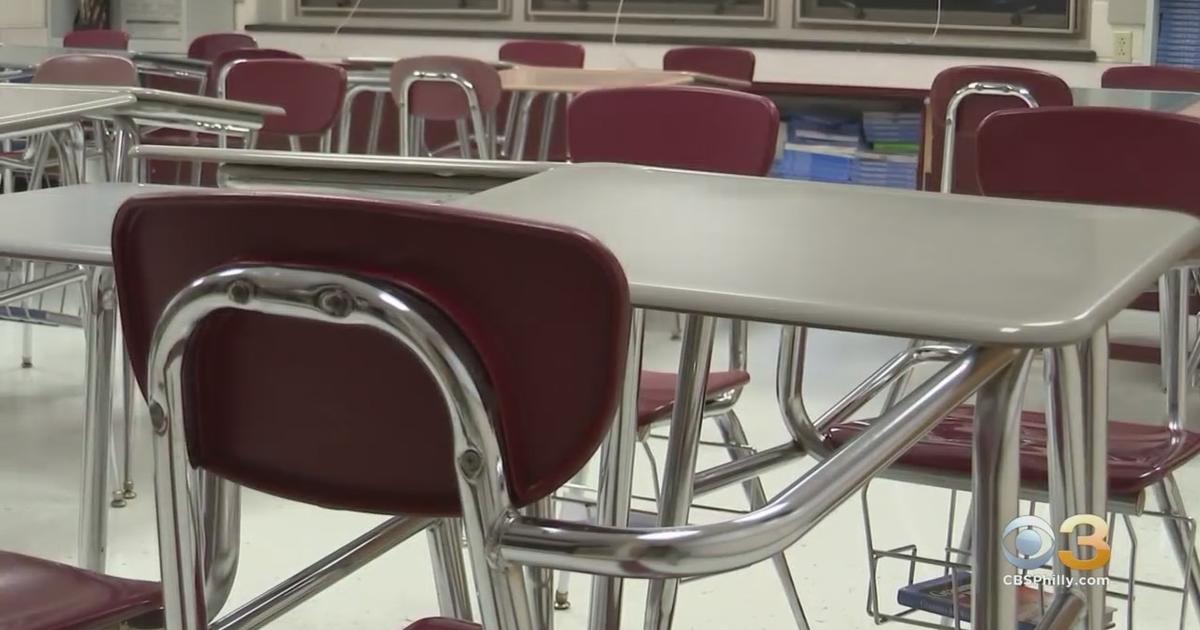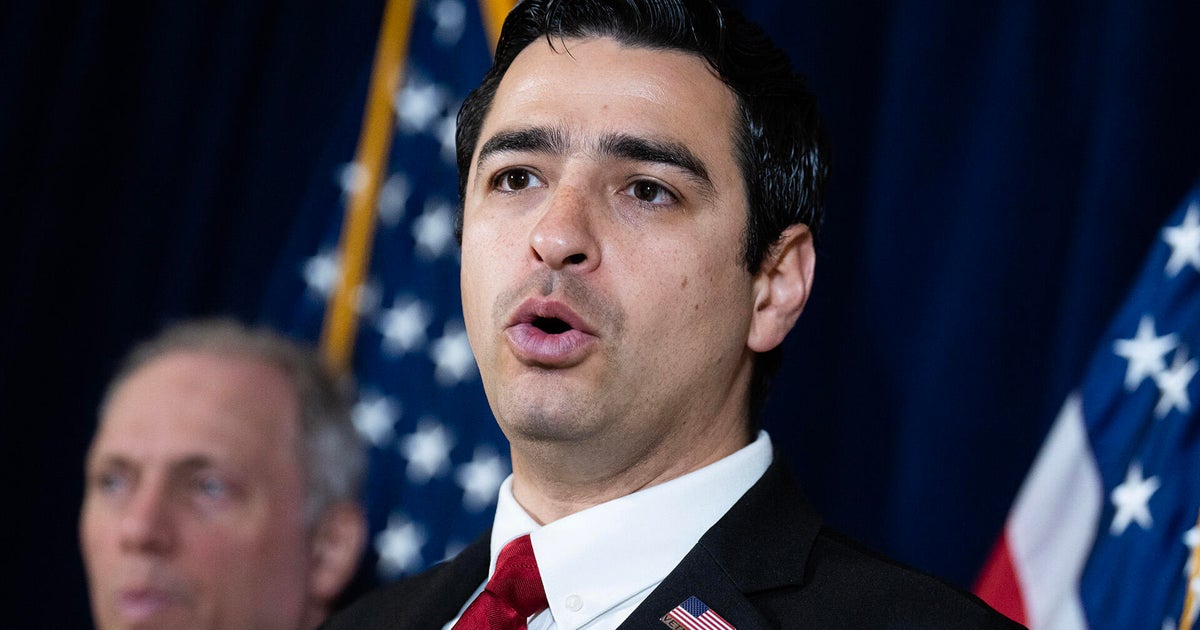Legislative work group looks at solutions to chronic student absenteeism
MINNEAPOLIS — A panel of lawmakers is evaluating potential solutions to keep kids from skipping school as the next legislative session nears.
One in four students is chronically absent, according to state data from the most recent school year.
That is a slight improvement over the previous year, but still a problem policymakers want to fix.
The Student Attendance and Truancy Legislative Study Group met Monday to get feedback on some of its recommendations, including better data collection, more options for transportation of students to school and flexibility in existing funds—or a financial boost—to have school staff dedicated to truancy.
Kirk Schneidawind, executive director of the Minnesota School Boards Association, said the latter would allow districts to double down on their efforts. He noted the problem has been exacerbated by the pandemic and has been felt across the country.
"When you're a principal or teacher, you have many different responsibilities during the day, and an additional piece around attendance is another responsibility." said Schneidawind. "It would be great to have someone else to pick that up."
The American Academy of Pediatrics cites research showing students who don't attend class regularly score lower than their peers on skills tests and that poor school performance is linked to poor health outcomes in adulthood. Less than half of all students in Minnesota are proficient in math and reading, the latest "report card" from the Department of Education shows.
Matt Shaver with Ed Allies, an advocacy group, suggested to the panel on Monday that the legislature mandate more real-time updates on absenteeism from the department of education, similar to what Rhode Island does with a "leaderboard" for attendance of schools throughout the state. The current recommendations encourage data changes, not require them.
"That level of coordination and leadership is a model we should be copying here," Shaver said, raising concern about a significant data lag. "If nothing changes, I will be able to tell you the elementary school with the highest consistent attendance numbers for fall 2024 in September of 2026—that's unacceptable."
Colleen Kaibel, director for student retention and recovery at Minneapolis Public Schools, observed Monday's meeting. She said one of the changes she would like the legislature to consider is uniform reporting of absences, including qualifying the absence, like if it's a half day or a full-day, so comparisons are "apples to apples."
The more difficult challenge will be delivering services to families whose children are disengaged and absent from school, she said.
"That's where the big struggle identifying students who are chronically absent isn't that hard. All school districts have that data. It's getting resources and interventions that work and that are long term," Kaibel explained. "Because we know short term fixes don't work—they don't last."
Her district is among the 12 selected by the legislature to participate in an attendance pilot program to implement "innovative strategies to improve student attendance" and to inform lawmakers' work on this issue. Minneapolis is using the pilot's funding allocation to support a mentoring program and student-led "assessment teams."
"What we're looking for, and this is for all grade bands, is we're looking for students to tell us what helps them come to school. What obstacles do they have to get to school, and how can the school support them in getting there every day and learn while they're there?" Kaibel said.
A final report from the work group will be put together by the year's end and presented to the legislature when lawmakers return to St. Paul in January.








